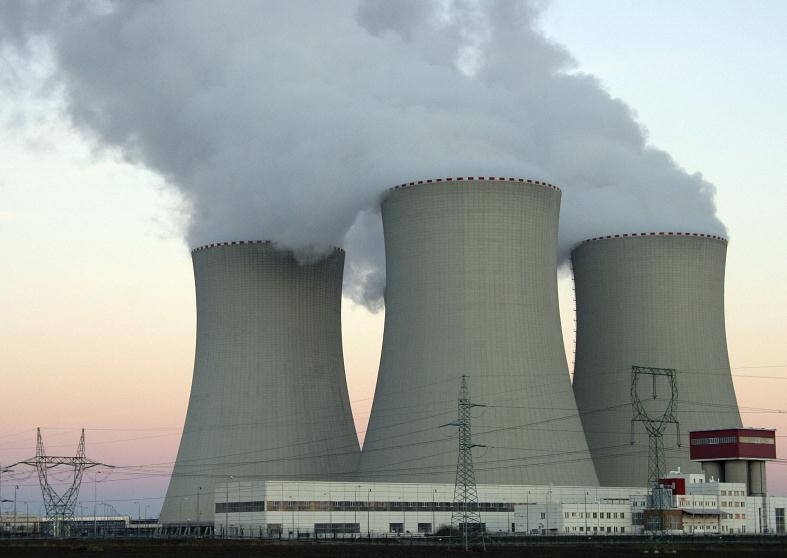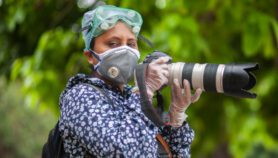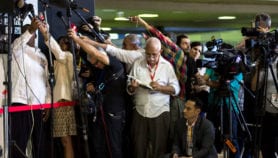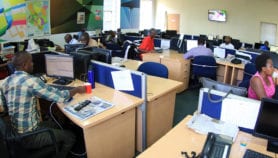By: Aleida Rueda
Send to a friend
The details you provide on this page will not be used to send unsolicited email, and will not be sold to a 3rd party. See privacy policy.
Nuclear power is a major topic in South Korea. The country is one of the largest generators of electricity from nuclear plants in the world. It has 23 reactors built with a total capacity of 20.5 gigawatts, another five are under construction and two more are planned. This makes South Korea fifth in the world in installed capacity.
So the issue could not be left out of the World Conference of Science Journalists, held in Seoul this week. Some of the sessions on nuclear energy were sponsored by the Korea Atomic Energy Research Institute, the Korean Institute of Nuclear Safety (KINS) and Korea Hydro & Nuclear Power. Together, these groups described the benefits of nuclear power, new developments and how nuclear power contributes to the economy and environment.
In a conference full of journalists, anybody would expect to see plenty of critical questions around this sponsorship and the all-embracing assertions that nuclear power is a positive asset. But there weren’t any.
I think the key to being critical is to know the subject: to understand what nuclear power is and what the uses of it are. We have to do our homework as journalists.
Harry Surjadi, Society of Indonesian Science Journalists
This made me wonder: when it comes to nuclear energy, are journalists critical enough?
I received some insights into this during a session aimed at teaching reporters how to accurately report on nuclear energy.
Toshihide Ueda, science editor of the Japanese newspaper The Asahi Shimbun, said that public information on nuclear power is focused on the successes of researchers, governments and companies but not on the problems with them.
This makes it difficult for journalists to get easy access to critical information that would balance stories. As a result, many choose the easy route and give their readers only one part of the picture, he said.
Indonesia is an example of where this can lead. The country does not have a nuclear reactor installed, but its citizens are clamouring for one because they see only positive stories about nuclear power in the media.
Harry Surjadi, the executive director of the Society of Indonesian Science Journalists, told the audience how local media outlets have adopted a totally non-critical approach to nuclear energy issues. He presented a newspaper article with the headline “Most Indonesians want a nuclear plant”, without saying how and where that information came from, whether there was any survey and how, if at all, this survey was done
“That's public relations, not journalism,” he said.
Earlier this year, Indonesia’s National Nuclear Energy Agency (BATAN) invited a group of journalists on a trip to sign an agreement with Russia to build the first nuclear plant in the country. According to Surjadi, activities on this trip will clearly be all about the benefits of nuclear power plants. He advises journalists to talk to different sources to balance their stories. But first, he said, they have to study."I think the key to being critical is to know the subject: to understand what nuclear power is and what the uses of it are. We have to do our homework as journalists,” Surjadi said.
But journalists cannot always do this alone, they also have to be supported by the organisations they work for, including their editors. That’s what Dominique Leglu, editor-in-chief of Sciences et Avenir, a French science news website, pointed out.
“You need to be in media where they can provide you with time and money to help you to investigate these subjects, and that is not common,” she said.














